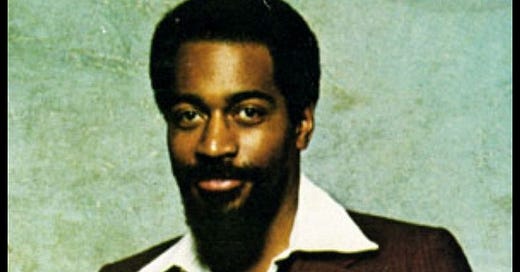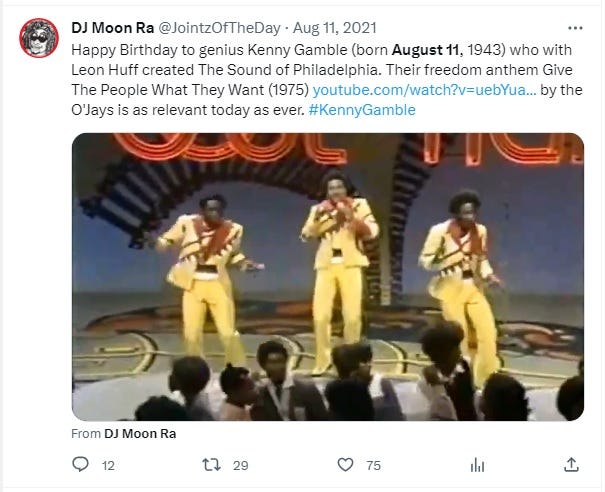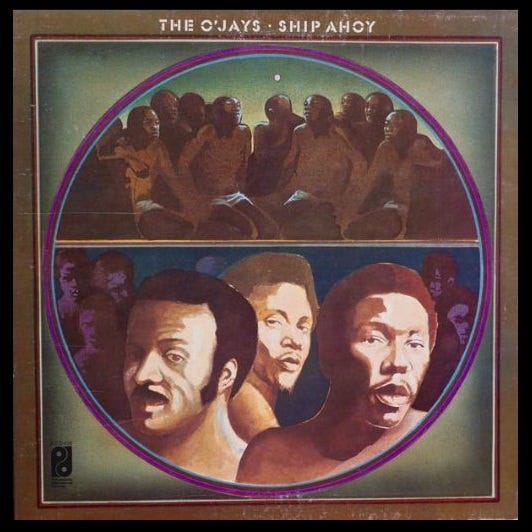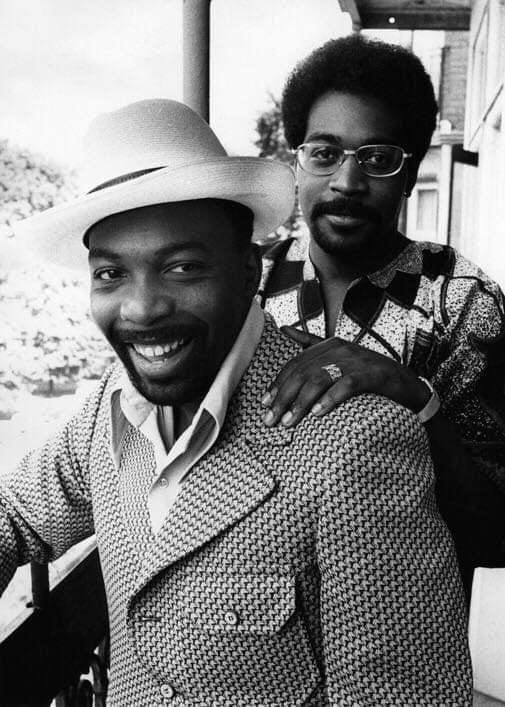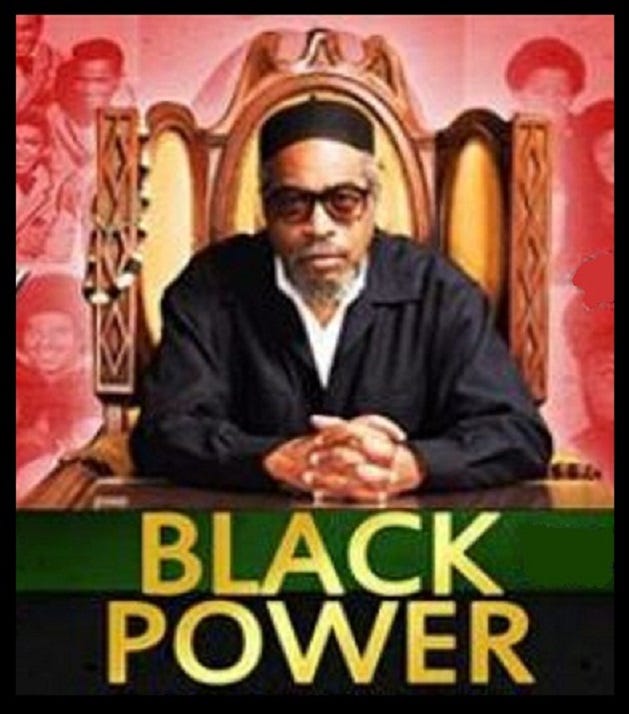Kenny Gamble (born August 11, 1943) – Ship Ahoy (1973)
This powerful, masterpiece message song was the title track to the classic O'Jays LP, originally intended by Gamble and Huff to appear on the Shaft in Africa soundtrack.
Watch full video on Twitter.
View most updated version of this post on Substack.
Producer, songwriter, label head, and activist Kenny Gamble along with his musical partner Leon Huff were the co-founders of Philadelphia International Records and the masterminds behind the Philly Sound.
See our post from April on Leon Huff for more on their lifelong musical collaboration. Together they have written and produced 175 gold and platinum records and counting.
After forming Philadelphia International Records (PIR) in 1971, one of the first groups they signed were the O’Jays. Originally formed in Canton, Ohio in 1958, Gamble and Huff had been working with them since producing their 1969 LP The O’Jays in Philadelphia, released on their earlier label Neptune Records. The group had already recorded socially conscious songs like the anti-war anthem “Peace” (1972), and would become the primary vehicle for Gamble and Huff’s powerful message songs of the seventies.
See our post from June on lead singer Eddie Levert for background on the group’s musical career and association with Gamble and Huff.
The second album by the O’Jays on PIR was the classic Ship Ahoy, released in November 1973. It went to #1 on the R&B albums chart, and peaked at #11 on the Billboard 200. Gamble and Huff co-wrote and produced its three all-time classic message songs. First was the album’s lead single, “Put Your Hands Together,” with its hopeful message “Let’s pray that tomorrow there'll be a better day to come.” It hit #2 R&B and #10 on the Billboard Hot 100.
Next came their truth-telling sermon on the evils of greed, “For The Love Of Money,” tragically exploited decades later by Mark Burnett, the producer of The Apprentice, who edited out its lyrical content. The result was a toothless theme song that seemed to celebrate the mindless pursuit of cash, and helped sell the “reality” show which enabled Donald Trump to con far too many voters into believing he was a successful businessman. Released as a single in the spring of 1974, the original went to #3 R&B and #9 on the Hot 100.
Ship Ahoy’s masterpiece was its epic title track. Clocking in at nearly ten minutes long, it was originally written by Gamble and Huff for the soundtrack to Shaft in Africa, which was composed and produced by Johnny Pate. Instead, they decided it would be the centerpiece of an O’Jays LP centered around slavery. Before the needle even dropped, the album’s cover art made an unforgettable statement of its own.
The track itself told the haunting story of slavery's Middle Passage in what became one of the most powerful message songs ever made.
According to world-renowned British DJ Robbie Vincent, “Kenny Gamble is particularly proud of this song and the stunning production that went with it. From such a great song book that says something.”
For Harold Melvin and the Blue Notes’ fourth studio album Wake Up Everybody (1975), the last to feature Teddy Pendergrass on lead vocals, Gamble and Huff produced its legendary title track. It was a soul-stirring call for us all to open our eyes and see what’s wrong with the world, then get up and do something about it.
A #1 R&B hit in early 1976, it was co-written by John Whitehead, Gene McFadden and Victor Carstarphen, two of whom would soon go on to their own success as the solo act McFadden & Whitehead.
In 1977, many artists from the PIR roster released Let's Clean Up The Ghetto, a compilation album billed to the Philadelphia International All Stars , backed by MFSB, the label’s house band. Its hopeful title track was produced by Gamble and Huff and co-written by Gamble, Huff, and Cary Gilbert, longtime friend of Huff’s and lyricist for several PIR classics including "Don’t Leave Me This Way” and “Me And Mrs. Jones.”
Happy 80th Birthday to the living legend Kenny Gamble!
#soul #funk #PIR #TSOP #GambleAndHuff #KennyGamble


